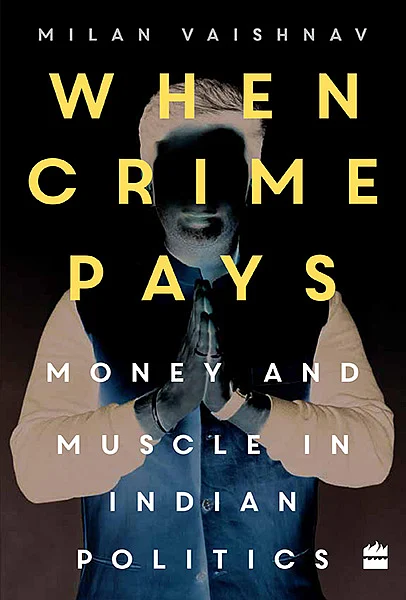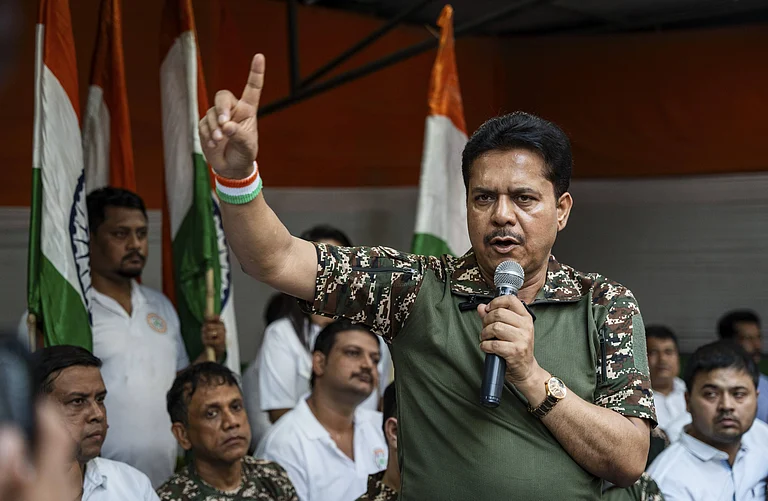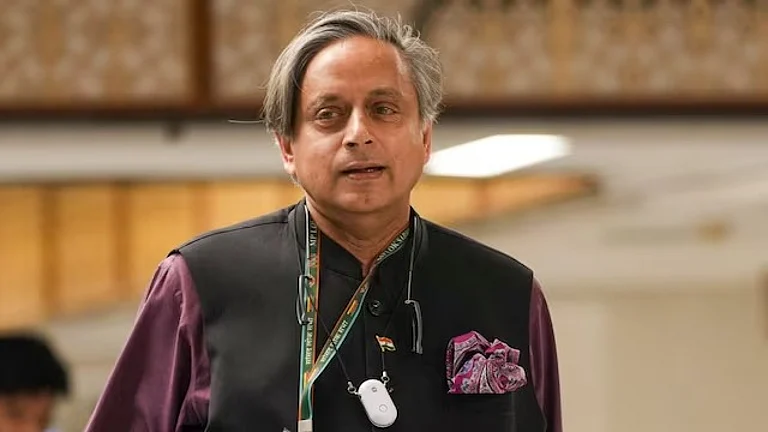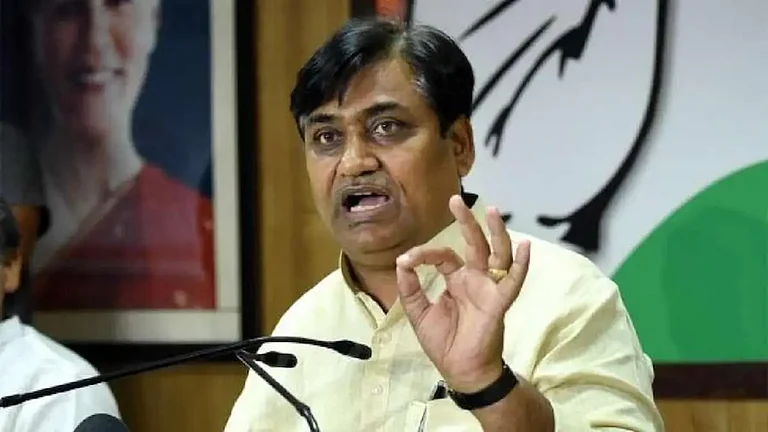
Summary of this article
During Congress’s dominance, criminals worked as hired agents for the party, providing money and muscle in exchange for protection and patronage. As political fragmentation increased after the 1960s, the loss of assured power made these arrangements unstable, prompting criminals to seek direct entry into politics to safeguard their interests.
Criminals entered electoral politics primarily to shield themselves from state prosecution and rival gangs. Political office provided them with informal immunity and the means to manipulate state machinery, allowing them to delay or evade justice while consolidating power.
Once criminals began contesting elections, many aligned with political parties rather than remaining independents, leveraging party networks, symbols, and historical loyalties to broaden their voter appeal and legitimize their political status.
...When Congress was the dominant player in Delhi and in the states, there was little doubt about which party would be returned to power once elections were over. Of course, there was electoral competition in most parts of the country, but there were few viable players other than Congress. Thus, from a criminal’s perspective, working as an agent for hire for Congress made eminent sense. Criminals demanded money and protection in exchange for helping politicians with their work during the height of election season and were virtually guaranteed employment for the next go-round after their candidate was elected. In other words, Congress could credibly commit to upholding its political con- tracts, and criminals were accordingly rewarded after the election.
However, incentives began to shift once the era of Congress hegemony gave way to greater fragmentation. Between 1951 and 1966, incumbent state governments were virtually guaranteed reelection; during this fifteen-year period, the incumbent reelection rate stood at 85 percent. As a result, there was a semblance of political stability and predictability in electoral markets. That changed in subsequent decades: between 1967 and 1979, incumbents won reelection just 54 percent of the time.
At this stage, criminals faced a complex dilemma. Thanks to the un- certainty stemming from greater electoral competition, they were no longer able to rest easy knowing that the party that employed them would remain in power. Congress was, in other words, no longer the only game in town. This shift drastically increased the uncertainty associated with contract negotiations. In the event that Congress lost an election, a criminal in the employ of the party would have to negotiate a new “contract” with the party in power and would be at an obvious bargaining disadvantage. Alternatively, the criminal could try to negotiate multiple contracts with parties, but this would, if nothing else, com- plicate decision making. The danger, of course, was that the criminal would be left out in the cold, vulnerable to the retributive whims of the state that he had previously been protected from. Any ex ante promises of protection were now “too tenuous to guarantee their safety.”
The pursuit of protection was a crucial objective for aspiring criminal politicians. Candidates charged with engaging in illegal activity first sought elected office because they feared the reach of the state, and politics offered a promising mechanism for evading prosecution. While politicians in India do not have formal immunity from criminal prosecution, officeholders can rely on the trappings of office to delay or derail justice, such as the power to transfer public officials.129 In the words of the Supreme Court of India, the slow motion of justice “becomes much slower when politically powerful or high and influential persons figure as accused.”
The protection criminally linked candidates seek is not only from the state—in some cases it is from their rivals. The politicisation of state institutions means that the state does not act as an entirely neutral arbiter. This lack of impartiality allows politicians to manipulate the state according to their whims, leaving those outside government vulnerable to state crackdown. In pockets of the country, there is anecdotal evidence that some criminal politicians contest elections where their rivals have decided to do the same, reducing elections in these constituencies to a choice between rival criminal politicians.
In the wake of uncertainty prompted by chaotic “client-shifting,” a rational solution to this challenge was for criminals to move from out- sourcing political protection to doing it in-house. In other words, the solution rested in becoming politicians themselves. By directly contesting elections, criminals could reduce the uncertainty associated with negotiating (and renegotiating) contracts with politicians, all the while retaining the benefits they had previously depended on Congress to deliver.
Bypassing politicians and directly contesting elections was a natural response by criminals not only to political market failures but also to obvious status concerns. Many politically savvy criminals eventually realised that, having worked in the service of politicians to win elections, they had accumulated enough local notoriety to contest elections directly. Over time, criminals had acquired a considerable amount of social capital as a result of their ethnic bona fides, their reputation as fixers, their access to resources, and their roots within local communities. This social capital gave criminal entrepreneurs useful leverage they could now exploit in the political realm.
The alleged gangster Ashok Samrat, who contested elections in north Bihar, summed it up best: “Politicians make use of us for capturing the polling booths and for bullying the weaker sections. But after the elections they earn the social status and power and we are treated as criminals. Why should we help them when we ourselves can contest the elections, capture the booths and become MLAs and enjoy social status, prestige and power? So I stopped helping the politicians and decided to contest the elections.”
Once the vertical integration process took hold, it was difficult for it to be undone. Criminals now had both the status and the power; having invested in building up their local electoral machinery, they found that the costs of reversal far outweighed the benefits, particularly as electoral uncertainty further intensified.
If criminals decided to take the electoral plunge and become full- fledged politicians in their own right, it begs the question: why did criminals-cum-politicians tie up with political parties rather than strike out on their own and contest elections as independents? There are several possible answers. For starters, although party labels in India possess very little programmatic content, parties are still connected to distinct leaders, families, ethnic groups, and social bases. Aspiring candidates can tap into these networks to expand their appeal beyond their own narrow support bases. Although political parties may not have clearly distinct views on, say, the welfare state, that does not mean that party labels are devoid of meaning. It is entirely possible that these labels also have some normative appeal for potential candidates as well.
Second, in a country with high rates of poverty and illiteracy, party symbols hold great weight; they serve as an important visual cue through which millions of voters connect to electoral politics. As such, the historical legacy of parties matters a great deal in Indian democracy. To this day, many voters support Congress, for instance, because their families have done so since the days of the independence struggle.
(The author is a Senior Fellow and Director of the South Asia Programme at the Carnegie Endowment for International Peace)

















